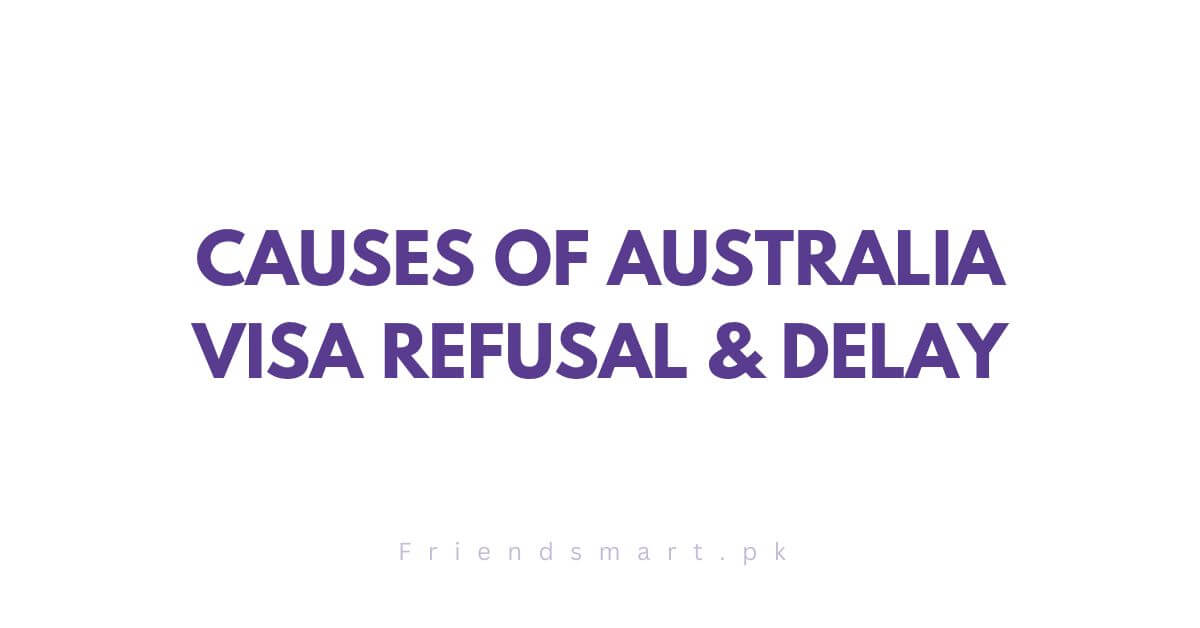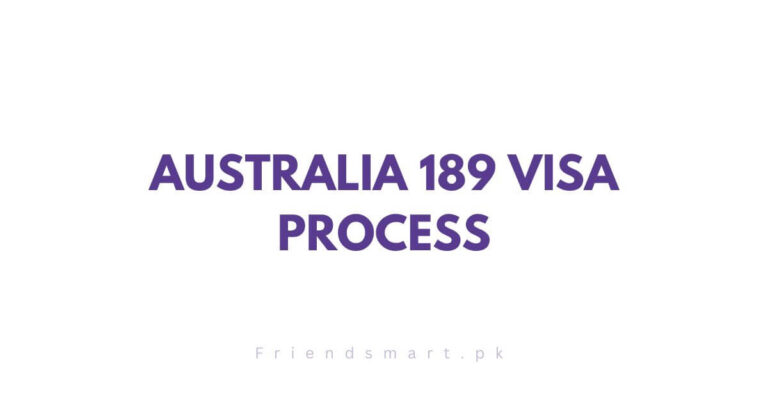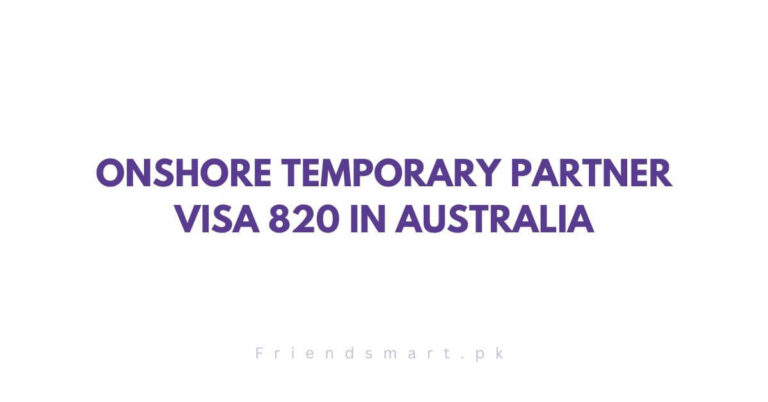Causes of Australia Visa Refusal & Delay 2024 – Check Here
Submitted visa applications for Australia may be denied or delayed if the Department of Home Affairs refuses to grant the visa or if the visa takes a long time to process. One regularly appeals a visa denial to the Administrative Appeals Tribunal (AAT).
A visa application may be rejected or postponed for a variety of reasons. Denial or delay can be caused by a variety of factors, including eligibility, a lack of supporting documents or proof, character concerns, or fabricated documentation, even if the vast majority of them are accepted.
In this essay, we’ll look at the main reasons Australian visas are denied and delayed. The following are the most prevalent reasons for Australian visa delays and rejections.
Check Also: Australia Visa Age Limits and Exemptions 2024 – Visa Update
Causes of Australia Visa Refusal & Delay
1. Visa character requirements
If the applicant fails a character test, the Department of Home Affairs may withhold, cancel, or postpone the visa’s issuance. The decision is made by the Minister of Immigration, Citizenship, and Multicultural Affairs, the Minister of Home Affairs, or one of their representatives. If a delegate denies or cancels an applicant’s visa, they can appeal to the administrative appeals tribunal.
You may not meet the character requirements for the reasons listed below:
- You have a lengthy criminal record, were convicted of a felony while detained, or managed to escape immigration custody.
- It is also possible that you were a member of an unlawful organization or that evidence links you to organized crime.
2. Missing documents
In Australia, all visa applications must include a large amount of supporting documentation, and applicants frequently make the mistake of providing insufficient information. This is the fundamental reason why certain types of visa applications require different types of supporting documentation, resulting in delayed or denied visa applications.
If you are applying for a Temporary Skill Shortage Visa, you must include paperwork proving your education, employment history, and certifications. Visa applications are often delayed or denied when applicants fail to attach supporting papers.
3. Fraudulent documents or information
Visas are not granted to people whose documents appear to have been altered or manipulated by someone without the necessary authorization. It is viewed as dishonest. When applying for a visa, you must offer original and undamaged papers.
If you offer inaccurate or misleading information about yourself or your previous visa application, which was held for a year, your visa application may be denied or delayed.
4. Health requirements
The health standards are one of the most important steps in the visa application process. Each candidate must undergo health screenings to be granted a visa, which sadly means that many applications are declined. Hepatitis, tuberculosis, and other medical disorders may prohibit visa clearance.
Depending on the type of visa requested, the applicant’s family members may still be required to complete the requirements, even if they are not planning to move to Australia. Before requesting a health waiver, it is critical to seek legal advice from an immigration attorney, as they will be aware of the specific circumstances under which one may be granted.
5. Financial requirements
Before issuing an Australian visa, the Department of Home Affairs must ensure that the applicant is financially sound. Certain visas include financial or income requirements that must be met, and the applicant must demonstrate that they have sufficient cash to move to Australia.
Australia requires immigrants to give proof of their financial stability in the form of bank statements and other specific financial information. Any financial irregularities could lead to the applicant’s visa application being denied.
It’s vital to realize that even if your visa application is denied, your goal of living abroad may still be alive. Alternative migration options may still exist, depending on the cause for the visa refusal. If a candidate’s visa is denied, they may pursue additional options, including filing an appeal.
You must meet all of the requirements for an Australian visa, as incomplete documentation commonly leads to visa applications being denied.
Frequently Asked Questions:
-
Why is my Australian visa delayed?
According to the Australian Government Department of Home Affairs, a delay in visa processing is usually caused by a large number of older cases and more new applications. In such circumstances, the application can be delayed.
-
Why would you be refused a visa to Australia?
Many factors can lead to your Australian Tourist Visa being refused, including inconsistent information or documents, insufficient evidence, false or misleading information, refusal or overstay history, etc. One or more reasons may cause the refusal, and they are usually connected.
-
Is it possible to get an Australian visa after a refusal?
Depending on the circumstances of your case, including the basis of the refusal or cancellation and how recent it was, you may be able to appeal. In some limited cases, you may be able to make a new visa application.







